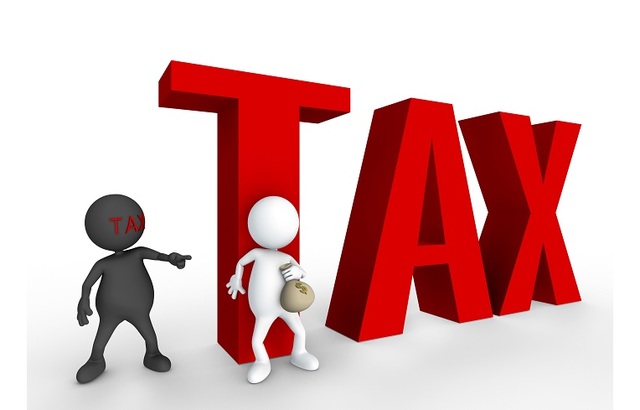HM Revenue and Customs paid out £343,500 (€378,603, $443,480) in tax year 2017/18 to fraud and tax evasion whistleblowers, a drop of 23% despite the number of calls doubling.
As first reported by newspaper The Daily Telegraph following a freedom of information request, 40,695 calls were made to HMRC in 2017/18 compared with 20,200 in 2016/17.
A spokesman for the tax office said the amount paid out was relative to the amount of tax recovered and the strength of the information.
In total, investigators receive more than 100,000 reports a year and sifting out the gold from the muck is a growing challenge.
What happens to the tip-offs?
According to HMRC, intelligence received from the fraud hotline is sometimes not standalone.
For example, it can be added to an ongoing case identified by HMRC and is, therefore, not new but bolsters an existing case. In these instances, it is difficult to directly attribute intelligence from the hotline to any tax collected later on.
Unfortunately, it is also not possible to provide additional details on the decisions made, any resulting outcome or the revenue collected in respect of subsequent action undertaken.
HMRC does not provide updates to individuals who report tax evasion due to legislative obligations. It is only able to disclose any information about customers in very limited circumstances prescribed by law under the general data protection regulations.
In addition, HMRC, like the police, operate a policy of neither confirming nor denying the existence of human intelligence sources or of any information provided.
As a consequence, where HMRC does publish details of tax evasion, it will not advise whether the investigation was prompted as a result of a human intelligence source.
Investigator’s use of social media
To add to the human intelligence picture, HMRC said it collects and analyses data from a wide range of sources, which includes social media.
However, a spokesman stressed officers did not trawl social media accounts and their use of open source data was proportionate.








